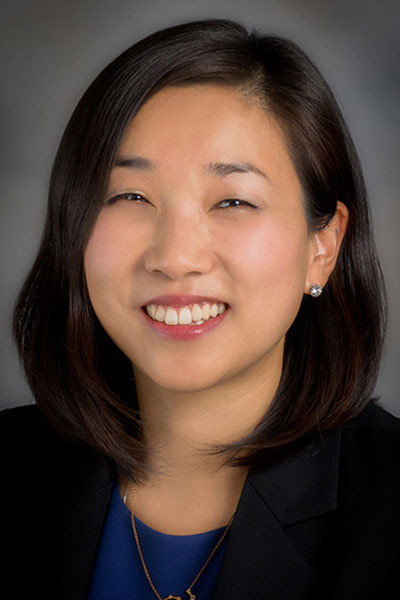
The San Antonio Breast Cancer Symposium is one of the few major educational fora to focus on less common, more challenging breast cancers. Metaplastic, inflammatory, and lobular/pleomorphic breast cancers are all uncommon, yet all carry a disproportionate burden of breast cancer morbidity, mortality, and cost.
“These more unusual cancer types account for about 20% of all breast cancer deaths, though they make up only 4% of 5% of breast cancers in each type,” said Bora Lim, MD, Associate Professor of Oncology at Baylor College of Medicine and Director of Translational Research for the Dan L Duncan Comprehensive Cancer Center Breast Cancer Research Program. “These cancers are so rare that even if you are an expert clinician, you may miss the differential diagnosis.”
Dr. Lim will moderate an educational session on Challenging Types of Breast Cancer on Thursday, December 8, from 3:00 pm – 5:00 pm CT in Stars at Night Ballroom 1&2. Look for the latest findings in the developmental biology and molecular structure of these less common cancers and evolving approaches to imaging and other diagnostic techniques that can better identify specific cancer types and guide treatment.
“These are all cancer types where understanding biological differences make a real difference in diagnosis and treatment,” Dr. Lim said. “Lobular carcinoma, for example, can very often be cured because it is usually a low-grade, very slow-growing tumor. But once they metastasize, lobular carcinomas can be very challenging because of the biological features of the lobular structure where the tumor originated. Lobular metastases often do not even appear on PET scans because lobular carcinoma has a low metabolic profile and can sneak in to metastasize, without obvious imaging evidence, to organs like the peritoneum and bowel walls. There have been important developments like PET platforms that are more sensitive to the estrogen-specific receptor in lobular carcinoma and spot those metastases.”
Good diagnosis begins with good pathology, she added. Jorge S. Reis-Filho, MD, PhD, Chief, Experimental Pathology Service, Memorial Sloan Kettering Cancer Center, will explore the latest developments in biological and molecular profiling to improve diagnosis of rare cancer types.
“The segregation and subcategorization of different breast cancers is the key that makes the breast cancer field so much more advanced than other cancer fields,” Dr. Lim said. “All these cancers have their own molecular and mutational signatures that can help identify them and direct you to the most appropriate treatment.”
Alexandra Thomas, MD, FACP, Professor of Hematology and Oncology, Wake Forest University School of Medicine, will explore the latest findings in metaplastic carcinoma.
Filipa Lynce, MD, Director of the Inflammatory Breast Center, Dana-Farber Cancer Institute and Assistant Professor of Medicine, Harvard Medical School, will discuss new findings and novel therapies in inflammatory breast cancer.
Sibylle Loibl, MD, PhD, Associate Professor of Obstetrics and Gynecology, Goethe University, Frankfurt, Germany, and Chair of the German Breast Group, will outline current approaches to lobular/pleomorphic breast cancer.
“This is a rare form of a rare tumor, and molecular characterization is the most effective way to identify it,” Dr. Lim said. “These tumors have the physical appearance of lobular carcinoma, but they behave aggressively, lose their estrogen dependence, and lose their low-grade features. But where slow-growing lobular carcinomas don’t always respond well to chemotherapy, chemotherapy usually works well for these fast-growing pleomorphic carcinomas. Recognizing these rare cancers or knowing when and where to go for a second opinion can make a huge difference in outcomes for individual patients.”



